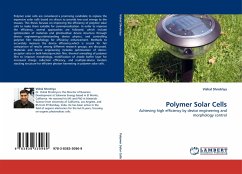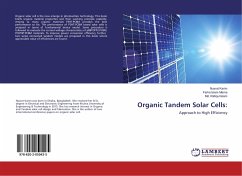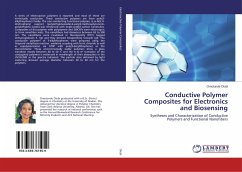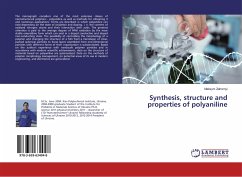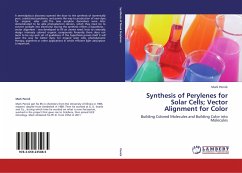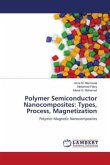Polymer solar cells are considered a promising candidate to replace the expensive solar cells based on silicon to provide low-cost energy to the masses. This thesis focuses on improving the efficiency of polymer solar cells to make them suitable for commercialization. In order to improve the efficiency, several approaches are followed, which include optimization of materials and photovoltaic device structure through device engineering,understanding device physics, and controlling polymer film morphology for efficiency enhancement. Methods to accurately measure the device efficiency,which is crucial for fair comparison of results among different research groups, are discussed. Materials and device engineering includes optimization of donor-acceptor ratio in bulk-heterojunction film, thermal annealing of polymer film to improve morphology, modification of anode buffer layer for increased charge collection efficiency, and multiple-device tandem stacking structure for efficient photon harvesting in polymer solar cells.
Hinweis: Dieser Artikel kann nur an eine deutsche Lieferadresse ausgeliefert werden.
Hinweis: Dieser Artikel kann nur an eine deutsche Lieferadresse ausgeliefert werden.

